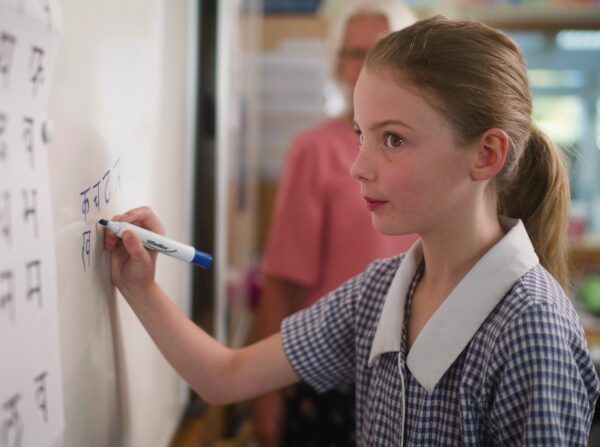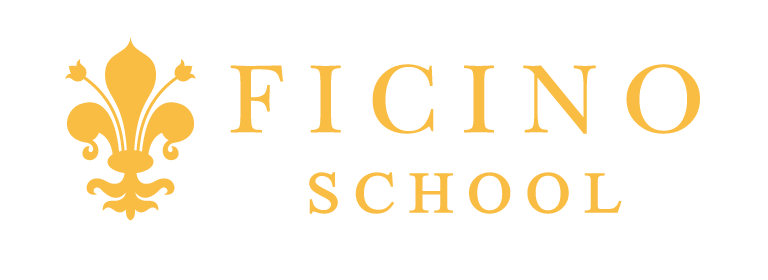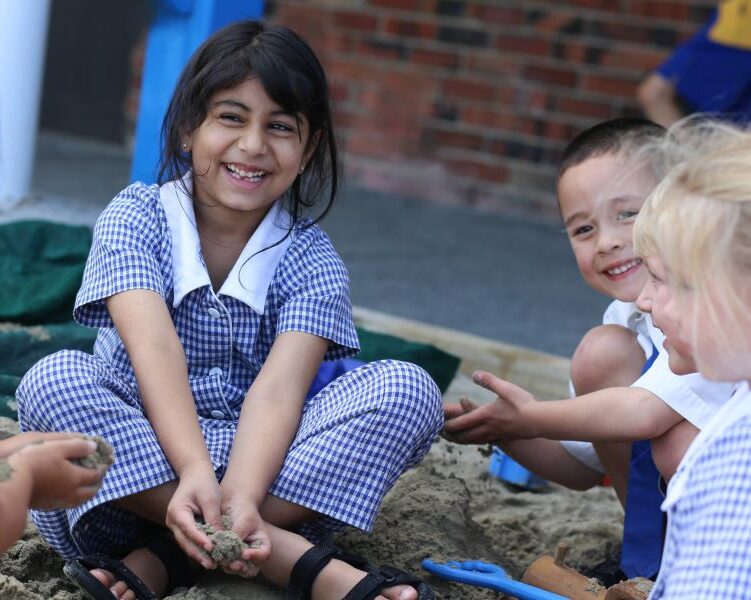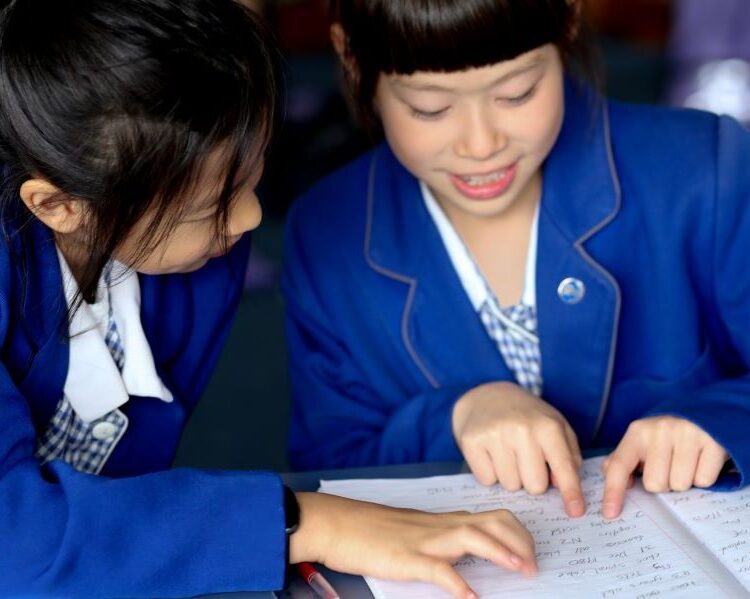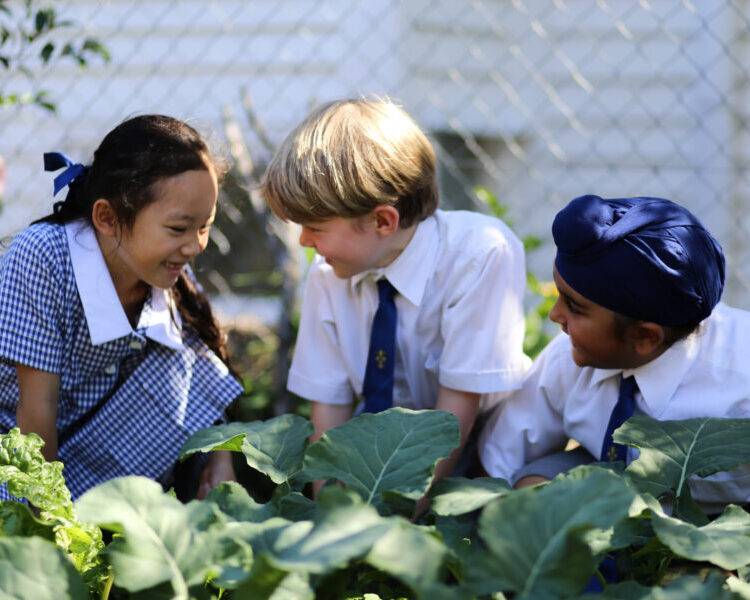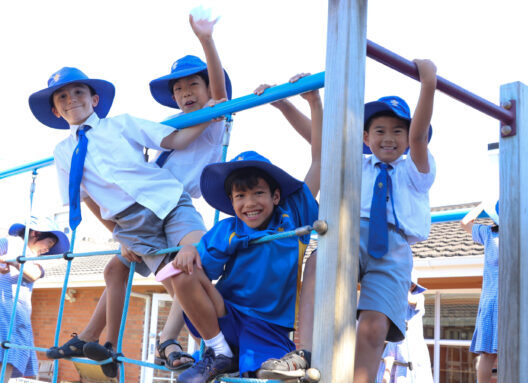CReating
Endless possibilities
Primary School
Years 0 – 4
Ficino School aims to foster strong relationships between the children, parents and their class teacher; with both parents and teachers working together to help each child reach their potential.
These important relationships are enhanced by the practice of ‘looping’ whereby a teacher remains with the class for more than one year. At Ficino School a class teacher will remain with the class for two years. Current research from Finland suggests this practice has significant benefits on all aspects of a child’s education.
Our structured classroom settings and clear school values help establish important foundations during your child’s formative years. Class sizes average around 20 students, with all classes focusing on the development of the whole child.
Our students learn English and Maths following the Cambridge Curriculum – mental agility is practised in mathematics and students learn to speak, read and write with sincerity and clarity. Science is based in awe and wonder and our expanded curriculum includes a unique History, Myth and Culture programme, music, the arts, singing and drama.
Nourishing school meals and a specialist PE programme develop skills and provide for the students’ physical needs.
While Ficino School made a conscious decision to provide its students with a technology-free education in their early years, we are also aware that digital technologies are an important part of our modern world. Technology is introduced into classroom learning from Year 5, ensuring children are on par with their peers by the time they reach high school. This enriches rather than replaces Ficino’s teacher-led learning.
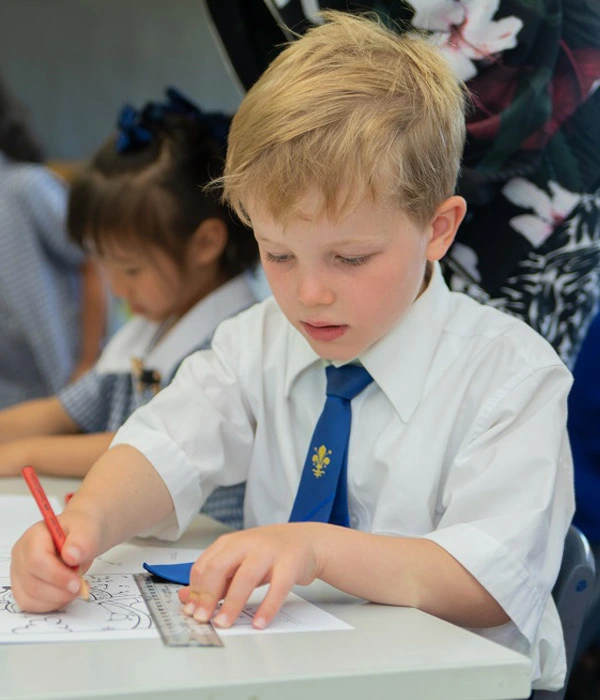
Years 5 – 6
In the second stage of education, children usually become much more aware of how others in the world think and relate to one another. This widening of interest is acknowledged in our curriculum with changes in both content as well as style of learning and enquiry.
Building on the foundations developed in the early years, Yr 5 & 6 students continue studying the Cambridge English, Mathematics and Science curricula. They also begin to sit exams in the core academic subjects. This early exposure to exam situations prepares them well for study as they progress through their educational journey.
Philosophy is taught using the international P4C programme where students hone their ability for independent expression and constructive dialogue on meaningful topics
